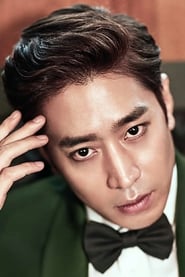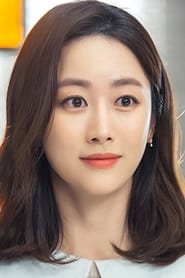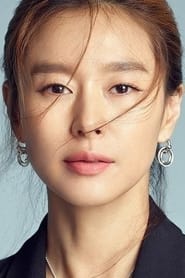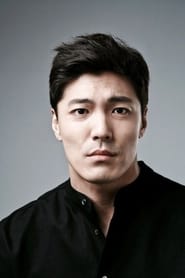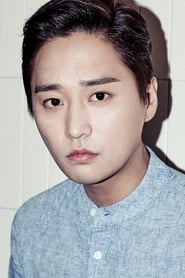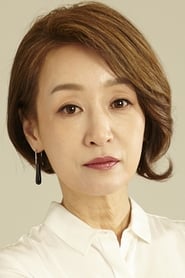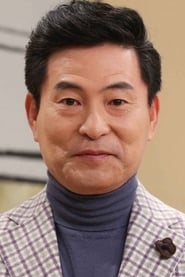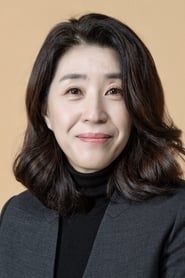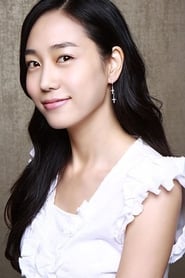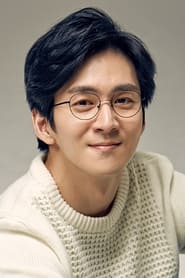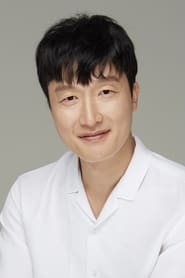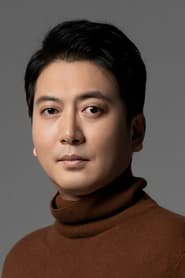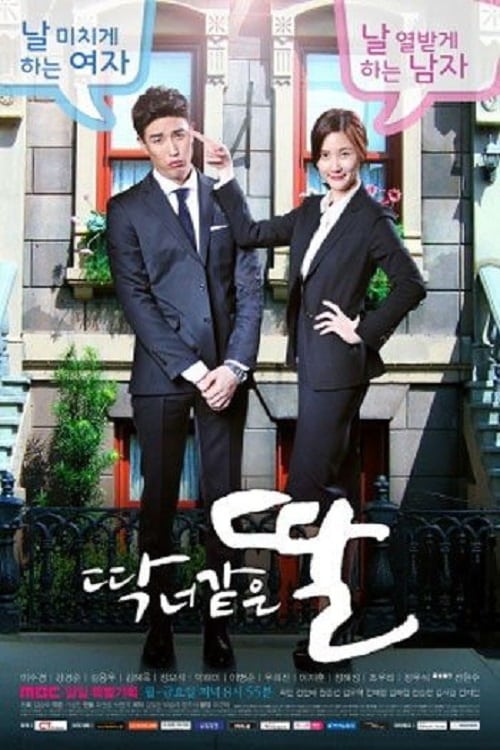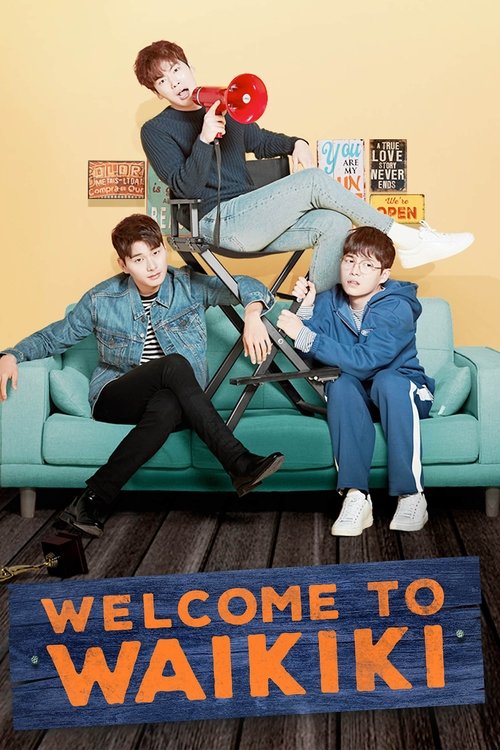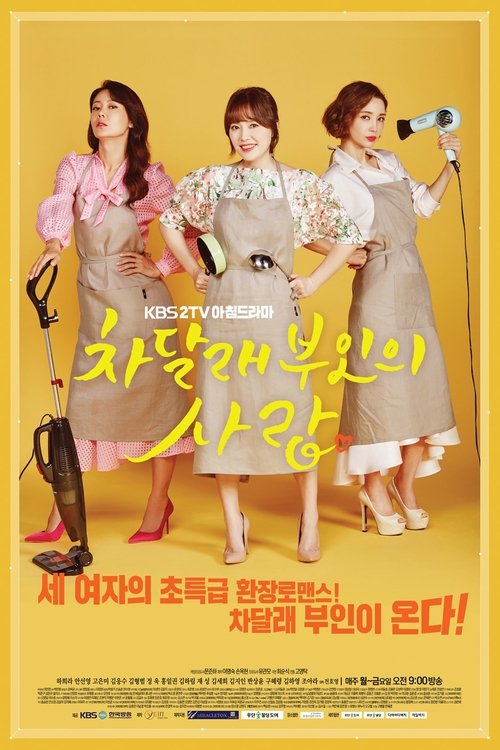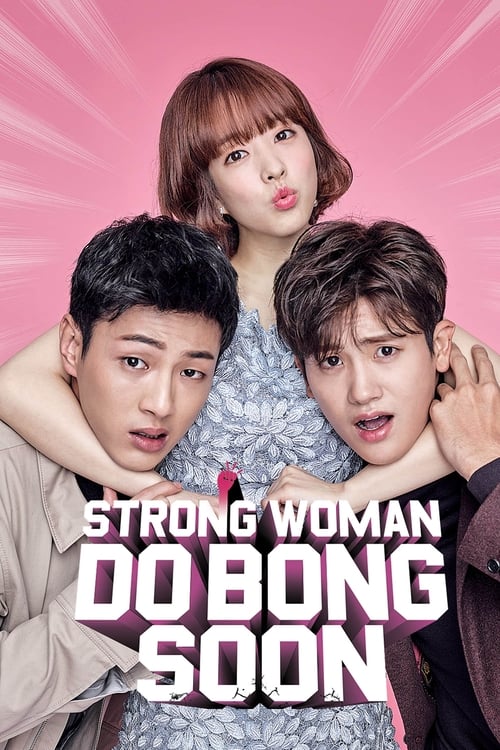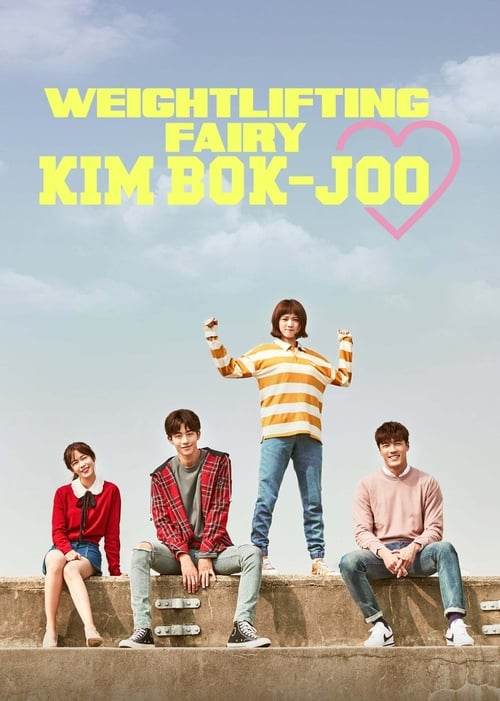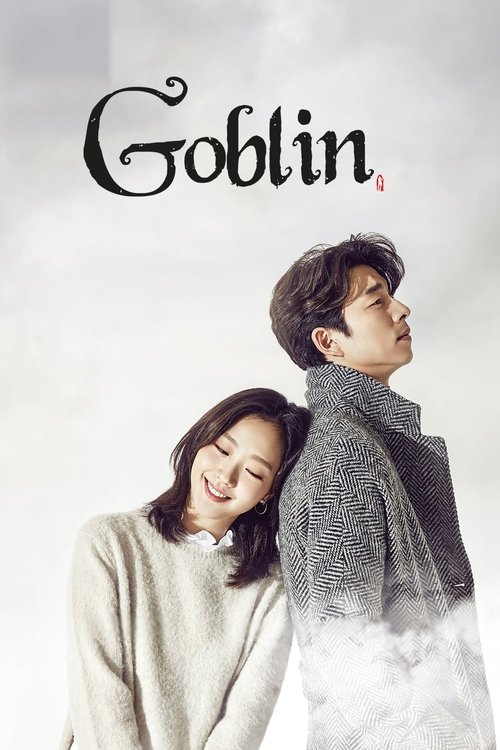
Ask Your Own Question
What is the plot?
In the opening scene of episode 8, the atmosphere is tense as Oh Hae-young (the titular character) is seen grappling with her emotions after a confrontation with Park Do-kyeong. She is visibly upset, reflecting on her feelings and the misunderstandings that have arisen between them. The camera captures her expressions of frustration and sadness, emphasizing her internal struggle.
Meanwhile, Park Do-kyeong is at work, where he is distracted by thoughts of Hae-young. His colleagues notice his preoccupation, and he tries to focus on his tasks, but his mind keeps drifting back to her. The audience sees him wrestling with his feelings, showcasing his vulnerability and the weight of his unspoken emotions.
Later, Hae-young meets with her friend, who encourages her to confront Do-kyeong about their relationship. Hae-young is hesitant, torn between her desire for clarity and her fear of rejection. The conversation highlights her insecurities and the complexities of her feelings for Do-kyeong, setting the stage for her eventual decision to take action.
As the day progresses, Hae-young decides to visit Do-kyeong at his office. The scene is charged with anticipation as she approaches him, her heart racing. When they finally come face to face, the tension is palpable. Hae-young struggles to articulate her feelings, and Do-kyeong, caught off guard, is equally at a loss for words. Their interaction is filled with awkward silences and unspoken words, reflecting their emotional turmoil.
In a pivotal moment, Hae-young finally expresses her feelings, revealing her vulnerability. She tells Do-kyeong that she is crying not because of him, but because of the pain and confusion she feels. This confession is a turning point in their relationship, as it opens the door for deeper communication. Do-kyeong, moved by her honesty, begins to share his own feelings, creating a moment of connection between them.
However, just as they seem to be making progress, an unexpected interruption occurs. Hae-young's ex-boyfriend appears, creating tension and complicating the situation. His presence serves as a reminder of Hae-young's past and the unresolved issues that still linger. The emotional stakes rise as Do-kyeong watches the interaction, feeling a mix of jealousy and concern.
The episode then shifts to a scene where Hae-young is alone, reflecting on her choices. She is shown in a moment of solitude, contemplating her past relationships and the impact they have had on her current feelings. The cinematography captures her isolation, emphasizing her internal conflict and the weight of her decisions.
As the episode progresses, Do-kyeong seeks advice from his friend about how to navigate his feelings for Hae-young. His friend encourages him to be honest and open, reinforcing the theme of communication in relationships. This conversation serves as a catalyst for Do-kyeong to take a more proactive approach in pursuing Hae-young.
In the climax of the episode, Do-kyeong decides to confront Hae-young again. He finds her in a vulnerable state, and they engage in a heartfelt conversation. Do-kyeong expresses his desire to understand her better and to be there for her. Hae-young, touched by his sincerity, begins to let her guard down, allowing for a moment of emotional intimacy between them.
The episode concludes with Hae-young and Do-kyeong sharing a quiet moment together, their connection deepening as they navigate their feelings. The final scene leaves viewers with a sense of hope, as both characters take tentative steps toward understanding and acceptance, setting the stage for future developments in their relationship.
Related Titles
Browse All Titles →What is the ending?
In the ending of "Another Miss Oh," episode 8, the emotional turmoil between the characters reaches a peak. Oh Hae-young confronts her feelings for Park Do-kyeong, while he grapples with his past and the impact of his choices. The episode concludes with a poignant moment of realization and vulnerability, as Hae-young expresses her pain and longing, leading to a deeper connection between her and Do-kyeong.
As the episode unfolds, we begin with Oh Hae-young sitting alone in her apartment, her face a mixture of sadness and determination. She reflects on her relationship with Park Do-kyeong, feeling the weight of her unfulfilled desires and the misunderstandings that have plagued them. The atmosphere is heavy, filled with the tension of unspoken words and unresolved feelings.
Scene transitions to Park Do-kyeong, who is in his office, staring blankly at his computer screen. His mind is clearly elsewhere, consumed by thoughts of Hae-young. He recalls their past encounters, the moments of joy intertwined with the pain of their miscommunication. The internal conflict is evident on his face as he struggles to reconcile his feelings with the reality of their situation.
The narrative shifts back to Hae-young, who decides to confront Do-kyeong. She arrives at his office, her heart racing with a mix of fear and hope. As she enters, the atmosphere is charged with unspoken tension. Do-kyeong looks up, surprised to see her, and the air thickens with anticipation. Hae-young takes a deep breath, her voice trembling as she begins to express her feelings. She tells him, "I'm crying not because of him, but because of you," revealing the depth of her emotional struggle and the impact Do-kyeong has had on her life.
Do-kyeong listens intently, his expression shifting from surprise to understanding. He realizes the weight of his actions and the hurt he has caused her. The scene is intimate, filled with raw emotion as they both confront their vulnerabilities. Hae-young's tears flow freely, symbolizing the release of pent-up emotions and the longing for connection.
As the conversation deepens, Do-kyeong opens up about his own fears and regrets. He admits to his mistakes and acknowledges the pain they have both endured. The dialogue is heartfelt, showcasing their growth as individuals and the potential for healing in their relationship. The camera captures their expressions, highlighting the intensity of the moment as they inch closer to each other, both physically and emotionally.
The episode culminates in a powerful moment of connection. Hae-young and Do-kyeong share a tentative yet meaningful embrace, signifying a turning point in their relationship. The weight of their past begins to lift, replaced by a sense of hope and possibility. The scene fades out, leaving viewers with a sense of anticipation for what lies ahead for both characters.
In the final moments, we see Hae-young walking away from the office, a mixture of relief and uncertainty on her face. Do-kyeong watches her leave, a newfound determination in his eyes. The episode closes with a lingering sense of emotional resonance, emphasizing the themes of love, regret, and the complexities of human relationships. Each character is left at a crossroads, poised for growth and change as they navigate the challenges of their intertwined lives.
Is there a post-credit scene?
In "Another Miss Oh," Season 1, Episode 8, titled "I'm Crying Not Because Of Him, But Because Of You," there is no post-credit scene. The episode concludes without any additional scenes or content after the credits roll. The focus remains on the emotional developments and character interactions throughout the episode, particularly highlighting the complexities of love and personal struggles faced by the characters.
What emotional conflict does Oh Hae-young face in this episode?
In this episode, Oh Hae-young grapples with her feelings of betrayal and confusion regarding her relationship with Park Do-kyeong. She feels a deep sense of hurt as she realizes the impact of her past on her present, particularly as she confronts the reality of her unrequited love and the choices that have led her to this moment.
How does Park Do-kyeong's perspective change in this episode?
Park Do-kyeong experiences a significant shift in his perspective as he begins to understand the depth of Oh Hae-young's pain. He reflects on his own feelings and the consequences of his actions, leading him to confront his emotions more openly, especially as he witnesses Hae-young's struggles.
What role does the character of Oh Hae-young's mother play in this episode?
Oh Hae-young's mother serves as a source of emotional support and wisdom in this episode. She provides insight into Hae-young's character and motivations, encouraging her to confront her feelings and not shy away from her emotions, which adds depth to Hae-young's internal conflict.
How does the theme of misunderstanding manifest between the characters in this episode?
Misunderstanding is a central theme in this episode, particularly between Oh Hae-young and Park Do-kyeong. Their inability to communicate their true feelings leads to a series of emotional confrontations, highlighting the pain that arises from assumptions and unspoken words.
What pivotal moment occurs between Oh Hae-young and Park Do-kyeong in this episode?
A pivotal moment occurs when Oh Hae-young confronts Park Do-kyeong about his feelings and the past. This confrontation is charged with emotion, as both characters reveal their vulnerabilities, leading to a deeper understanding of each other's struggles and desires.
Is this family friendly?
In "Another Miss Oh," season 1, episode 8, titled "I'm Crying Not Because Of Him, But Because Of You," there are several elements that may be considered potentially objectionable or upsetting for children or sensitive viewers:
-
Emotional Turmoil: The episode delves into themes of heartbreak and emotional distress, showcasing characters in moments of deep sadness and vulnerability, which may be intense for younger viewers.
-
Romantic Tension: There are scenes that explore complicated romantic relationships, including jealousy and unrequited love, which might be confusing or uncomfortable for children.
-
Family Conflict: The episode touches on familial relationships and conflicts that can evoke feelings of disappointment or sadness, particularly in the context of expectations and misunderstandings.
-
Tears and Crying: Characters express their emotions through crying, which, while a natural human response, may be distressing for sensitive viewers.
-
Misunderstandings: There are moments of miscommunication and misunderstandings between characters that lead to emotional fallout, which could be upsetting for viewers who are sensitive to conflict.
Overall, while the show contains elements of drama and emotional depth, it is important for parents or guardians to consider these aspects when determining if it is suitable for younger audiences.


